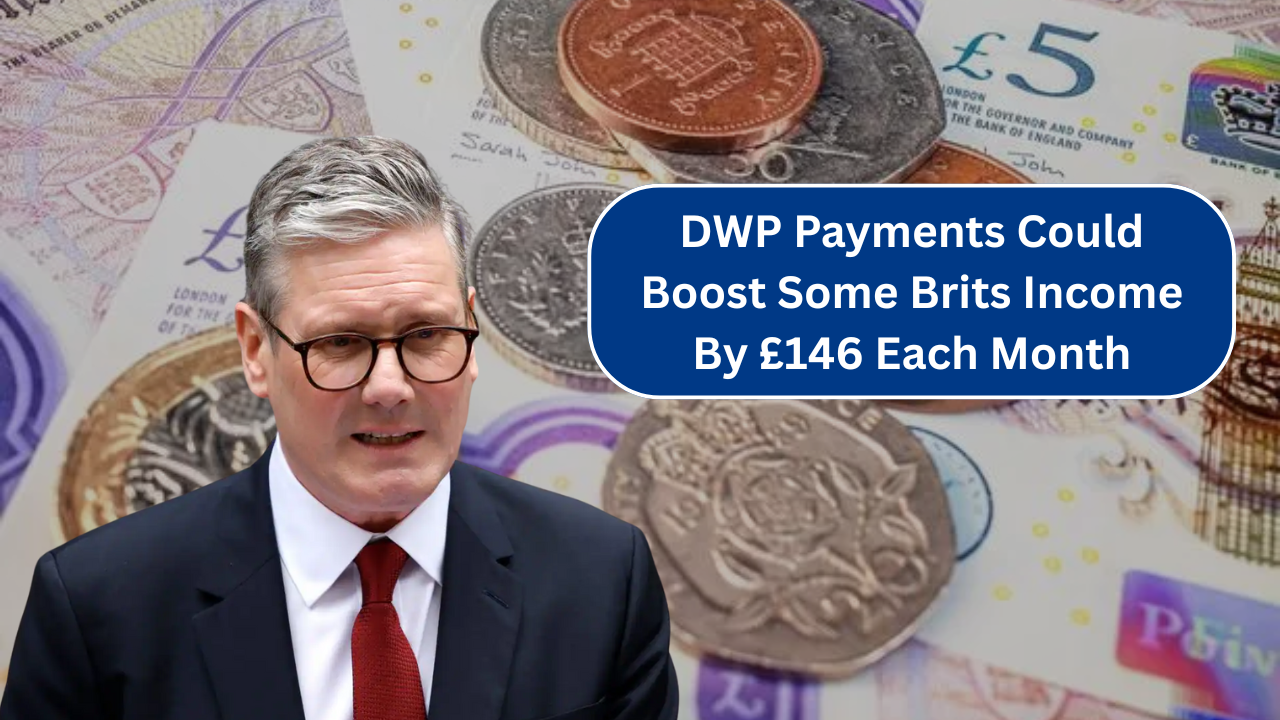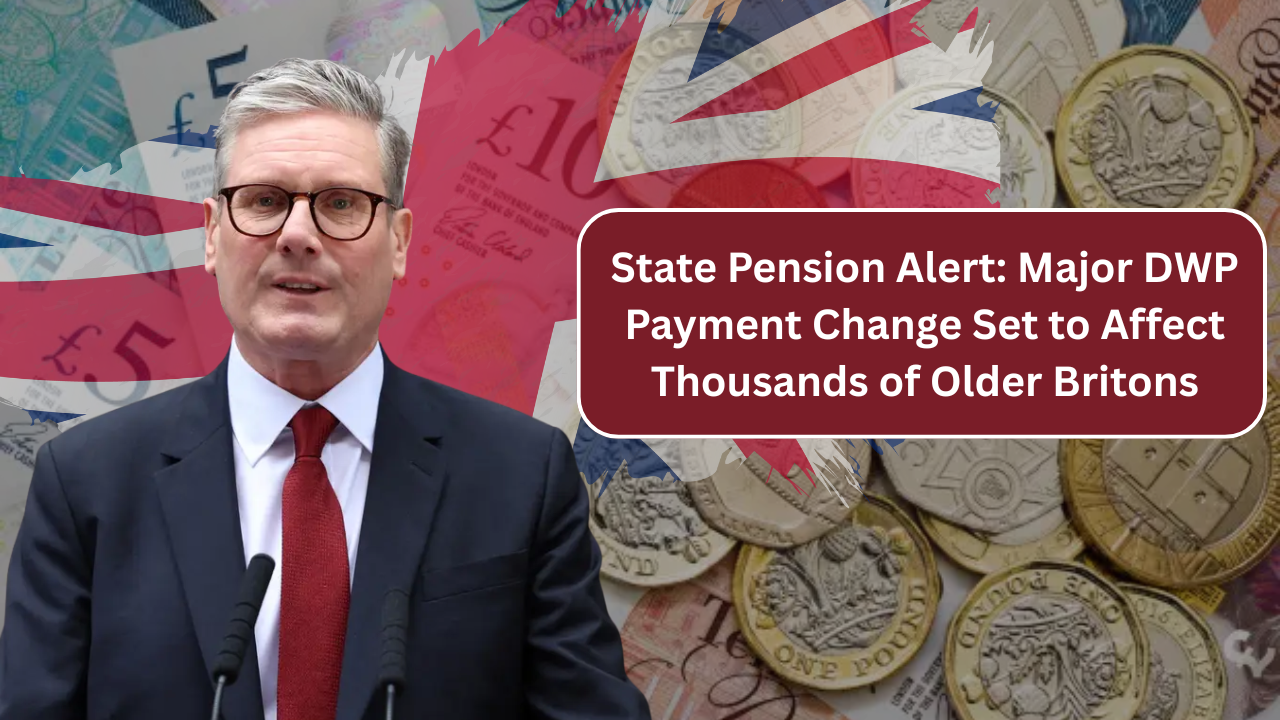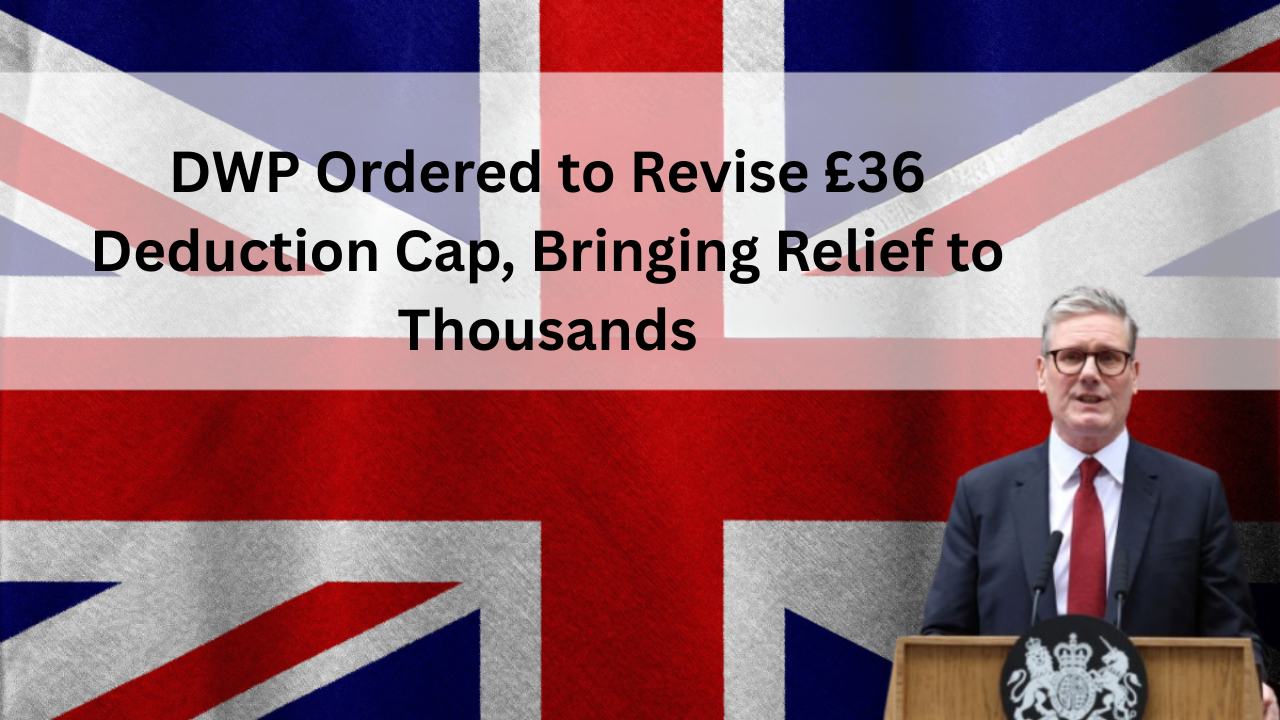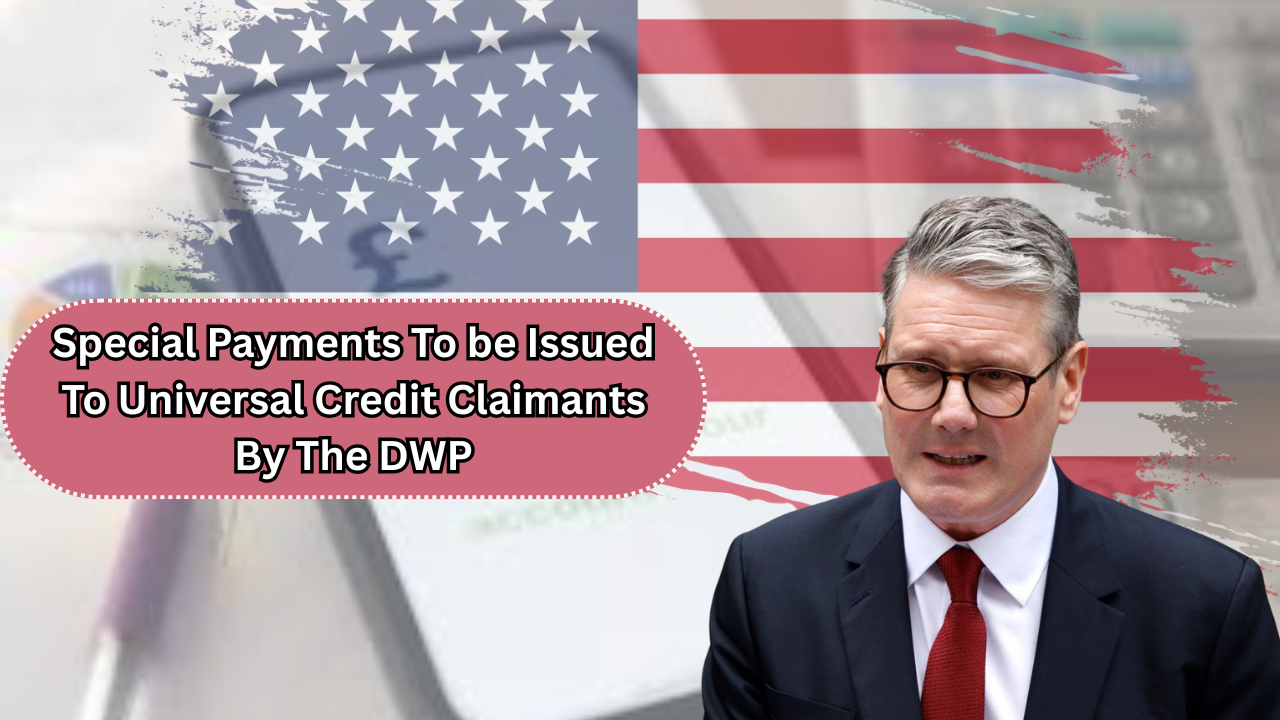Some households across the UK could soon receive a significant boost to their monthly Department for Work and Pensions (DWP) payments, with potential increases of up to £146. Several changes, including new proposals, reductions in deductions, and annual benefit rises, could help millions of families struggling with the cost of living.
New Proposal to Support Parents
The biggest potential boost comes from a proposal by the Fabian Society, which recommends increasing Universal Credit payments for parents with young children.
Under the plan:
- Parents of children aged between one and four could receive an extra £146 a month.
- Parents of babies under one year old could see their payments rise by £293 a month.
The move is aimed at reducing child poverty and supporting working families who are balancing employment and childcare. If adopted, the proposals would require an estimated £2.4 billion in additional government spending annually.
At present, the recommendation is only a proposal and has not yet been implemented. It would require government approval to become policy. More information about Universal Credit eligibility and updates can be found on the UK Government’s official Universal Credit page.
Changes to Universal Credit Deductions
Another major change already confirmed is a reduction in the maximum deductions from Universal Credit payments. From 30 April 2025, the DWP will reduce the maximum deduction rate from 25% to 15%.
Deductions typically cover debts such as benefit overpayments, rent arrears, and utility bills. The adjustment is expected to benefit around 1.2 million households, including approximately 700,000 families with children. On average, it could boost household income by up to £420 a year.
The DWP states that these changes are intended to “help people keep more of their benefit to meet day-to-day needs while still repaying debts in a manageable way.
Annual Benefit Increases
From April 2025, several core benefits will see an uplift of around 1.7%, offering additional support amid ongoing cost-of-living pressures.
Key changes include:
- Personal Independence Payment (PIP): Enhanced rate will rise from £108.55 to £110.40 per week.
- Attendance Allowance: Higher rate will increase to £110.40 weekly.
- Universal Credit: Standard allowance for single claimants will increase by approximately £1.50 a week, while couples will see a £2.50 rise.
- Carer’s Allowance: Payments will go up from £81.90 to £83.30 per week.
While the increases are modest, they provide important financial relief to millions of claimants. Details of benefit rates for 2025–26 are available on the GOV.UK benefits rates page.

Extra Cost of Living Payments in 2025
Alongside regular benefit payments, the government has confirmed additional cost-of-living payments for eligible individuals during 2025:
- Means-Tested Benefit Payments: Three payments totaling £900 (£301 in spring, £300 in summer, and £299 in autumn) for those receiving benefits like Universal Credit, Pension Credit, and income-based Jobseeker’s Allowance.
- Disability Payment: A one-off payment of £150 for those claiming benefits such as PIP or Disability Living Allowance (DLA).
- Pensioner Cost of Living Payment: A payment of between £150 and £300 for pensioners entitled to the Winter Fuel Payment.
These payments are issued automatically, meaning eligible individuals do not need to apply. Full eligibility criteria can be found on.
Who Benefits the Most?
Households most likely to see significant gains include:
- Parents of young children receiving Universal Credit.
- Families currently experiencing high deduction rates.
- Disabled individuals and pensioners eligible for supplemental cost-of-living payments.
However, as some measures are only proposals at this stage, it’s important for claimants to stay informed and check their entitlement regularly.
Conclusion
With the combination of proposals for higher payments, confirmed deduction reductions, and annual upratings, many Brits could find some much-needed financial relief in 2025. While some changes are automatic, others depend on future government decisions. Anyone who believes they may be eligible should ensure their benefit records are up-to-date and monitor official channels for any changes.




